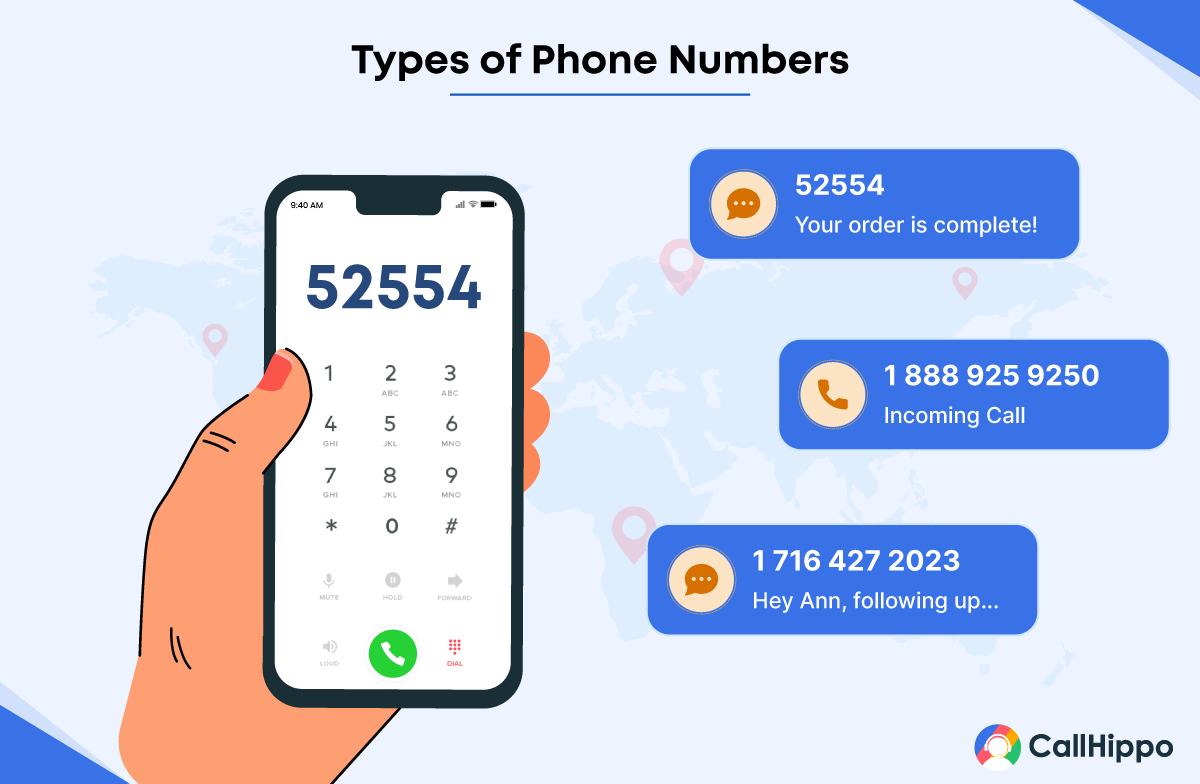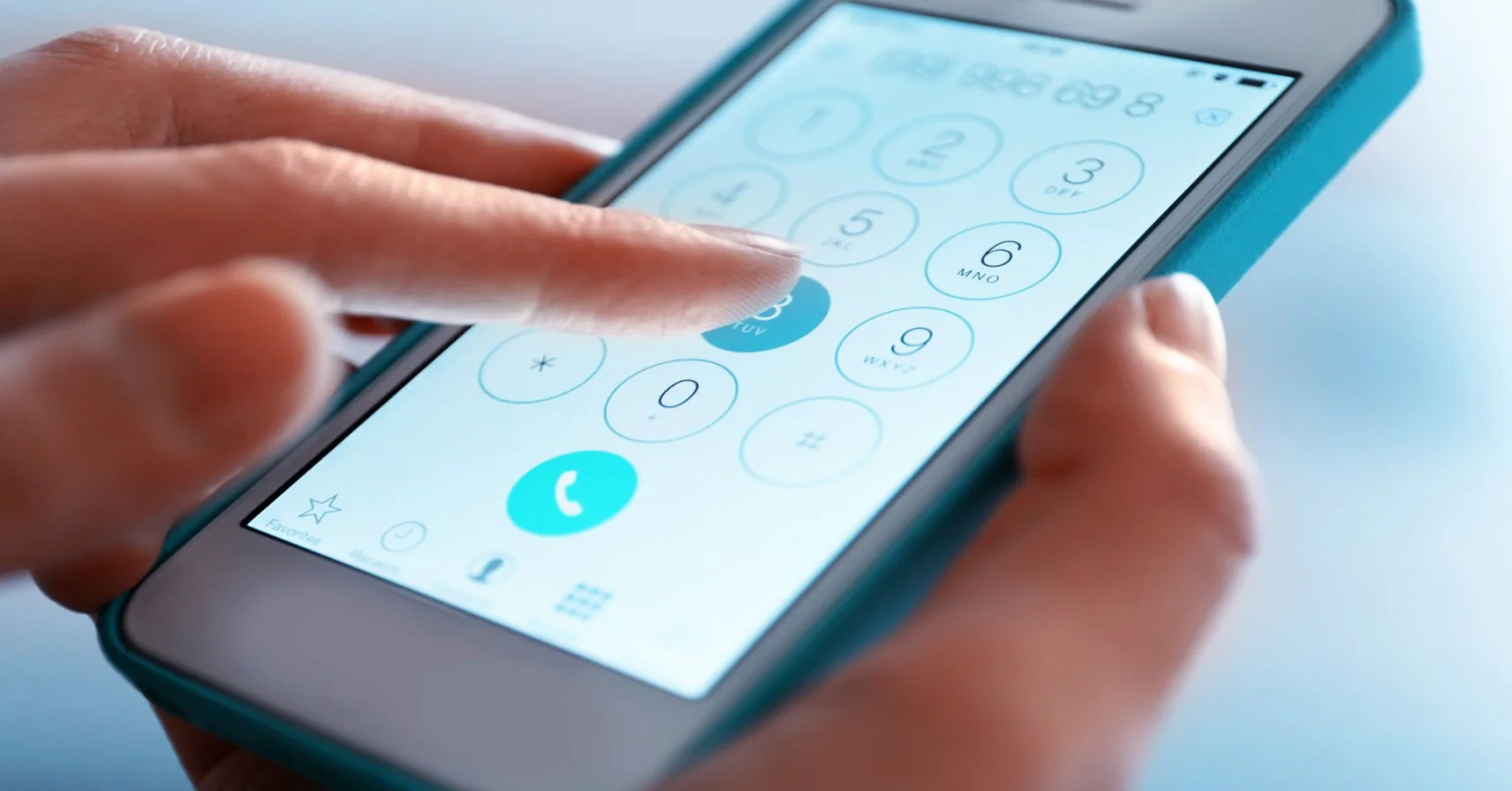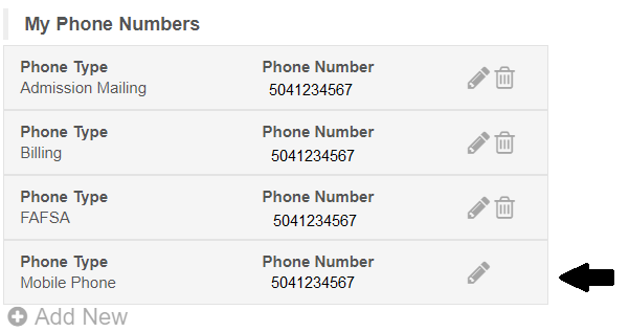How Can I Get Someone's Cell Phone Number
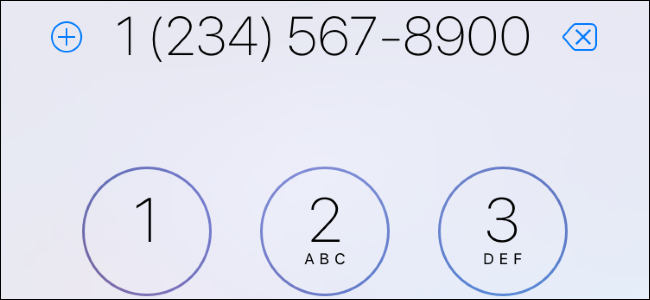
In an increasingly interconnected world, the question of how to obtain someone's cell phone number frequently arises, often stemming from legitimate needs such as professional networking or reconnecting with acquaintances. However, the pursuit of this information also raises significant ethical and legal considerations surrounding privacy and data security.
This article explores the various methods, both ethical and potentially problematic, individuals may employ to acquire a phone number, while emphasizing the importance of respecting personal boundaries and adhering to relevant laws. We'll examine the resources available, the risks involved, and the responsible approaches to take when seeking someone's contact information.
Ethical and Legal Avenues
The most straightforward and ethical way to obtain a cell phone number is through direct consent. Asking the individual directly is not only respectful but also ensures compliance with privacy expectations. Assuming consent is never a good idea.
Professional networking platforms such as LinkedIn may provide contact information if the individual has chosen to make it public. However, it's crucial to respect their privacy settings and not misuse the information for unsolicited communication.
Mutual acquaintances can also be a source of contact information, but only if they have the individual's permission to share it. Always verify if sharing the number is okay before contacting the person.
Potentially Problematic Methods
Searching online through people search engines and social media platforms can sometimes yield phone numbers. However, the accuracy of this information is often questionable, and the data may be outdated or inaccurate. These sites often aggregate information from various sources, raising concerns about data privacy and security.
Using reverse phone lookup services can identify the owner of a phone number, but obtaining the number in the first place still requires ethical considerations. These services are best used for verifying already obtained information, not for acquiring it initially.
Engaging in social engineering tactics, such as pretexting or impersonation, to trick someone into divulging their phone number is unethical and potentially illegal. Such actions violate trust and can have serious consequences.
Legal and Ethical Implications
The legal landscape surrounding data privacy is constantly evolving, with regulations like the General Data Protection Regulation (GDPR) in Europe and the California Consumer Privacy Act (CCPA) in the United States setting strict guidelines for the collection and use of personal information. These regulations emphasize the importance of consent and transparency when handling personal data, including phone numbers.
Obtaining someone's cell phone number without their knowledge or consent can have legal repercussions, potentially leading to lawsuits for invasion of privacy or harassment. It is crucial to be aware of and comply with all applicable laws and regulations when seeking personal information.
Ethically, respecting an individual's privacy is paramount. Using obtained phone numbers responsibly, avoiding spam or unwanted communication, and ensuring data security are all essential considerations.
Best Practices
Before attempting to obtain someone's cell phone number, consider whether you truly need it and if there are alternative ways to communicate. A simple email or message through a professional platform might suffice.
Always prioritize direct communication and ask for the number directly. Explain why you need it and how you intend to use it. This approach builds trust and demonstrates respect for their privacy.
If you obtain a phone number through alternative means, verify its accuracy and use it responsibly. Avoid contacting the person repeatedly if they do not respond or express disinterest.
The Human Element
Consider the impact on the other person. Imagine how you would feel if someone obtained your number without your consent. Treat other people's personal information as you would want your own to be treated.
Unwanted calls and messages can be disruptive and even distressing. Being mindful of the potential impact on the other person is a crucial aspect of ethical communication.
"Privacy is not an option, and it shouldn't be the price we accept for just being on the Internet," says Gary Kovacs, CEO of AVG Technologies.Respecting someone's desire to keep their contact information private is crucial.
Conclusion
Obtaining someone's cell phone number requires a delicate balance between the desire for connection and the responsibility to respect privacy. While various methods exist for finding this information, ethical considerations and legal compliance must always take precedence. Prioritizing direct communication, respecting boundaries, and using information responsibly are essential for maintaining trust and fostering positive relationships in an increasingly interconnected world.
Ultimately, the key takeaway is to always prioritize respect and consent when seeking personal contact information. A direct and honest approach is not only the most ethical but also the most likely to yield positive results.
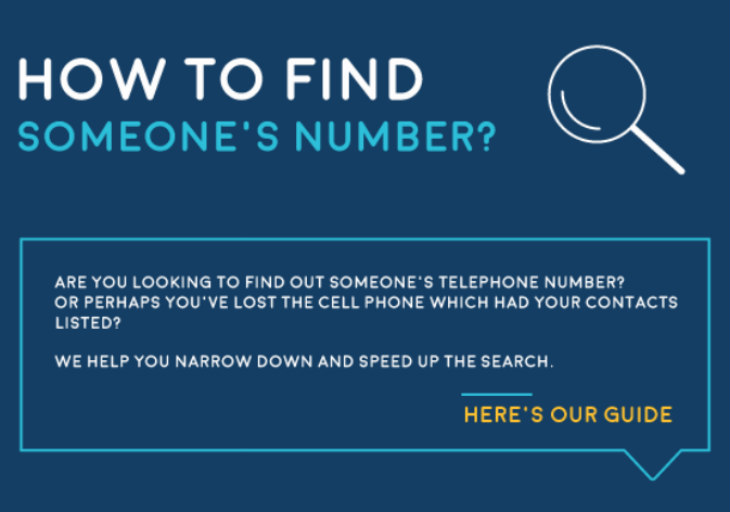
:max_bytes(150000):strip_icc()/truepeoplesearch-reverse-name-ce35fae11a644fed9128bf927951f6cf.png)









![How Can I Get Someone's Cell Phone Number How to Track Someone's Location by Phone Number [2025 Update]](https://images.airdroid.com/2022/09/find-someones-location-by-cell-phone-number.jpg)
